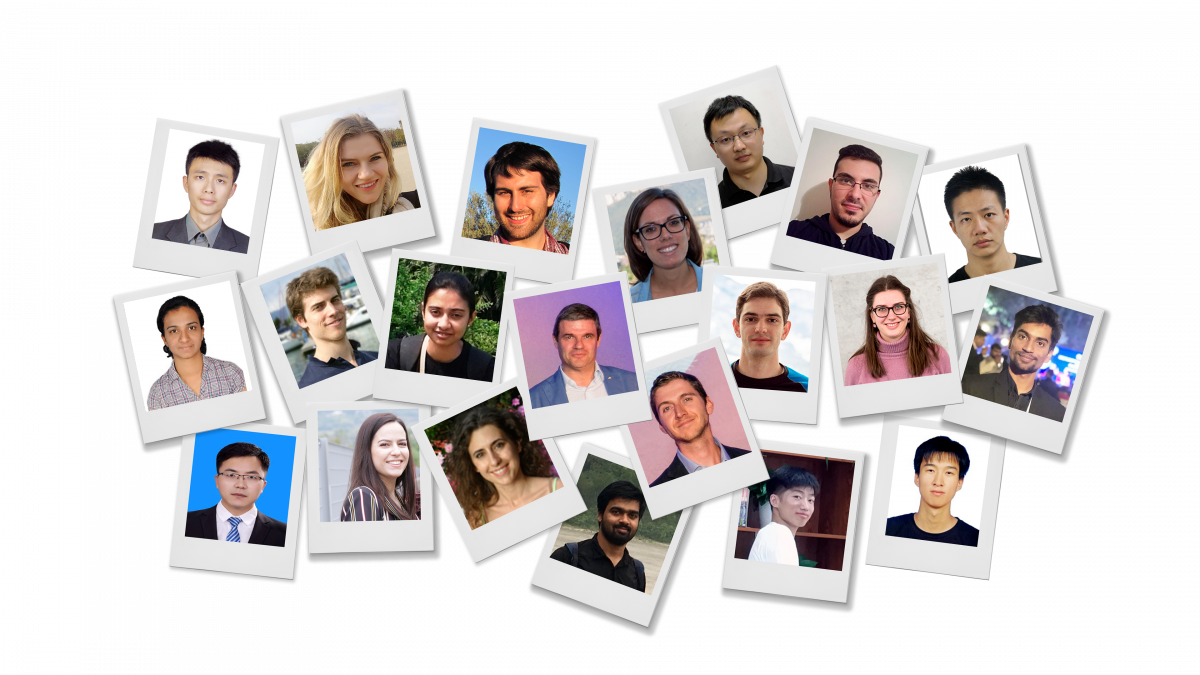According to the Academic Ranking of World University, the University of Trento is ranked the first place in Italy, and 19th worldwide, in the Shanghai Global Ranking of Academic Subjects 2020 for the field of Engineering, subject Remote Sensing.
Remarkable result for all the researchers working on this topic at the University of Trento, and in particular for the Research Group on Remote and Distributed Sensing and the related Remote Sensing Laboratory of the Department of Information Engineering and Computer Science, coordinated by prof. Lorenzo Bruzzone.

The Laboratory develops research activities related to remote sensing for Earth observation and planetary exploration.
On Earth observation, the focus is on the development of advanced methodologies and automatic techniques (including artificial intelligence, machine learning, data fusion, etc.) for the analysis of remote sensing images acquired by satellite, airborne and drone platforms. These are applied in the framework of several international and national projects to environmental monitoring, agriculture and food security, climate change analysis, civil protection, etc.
On planetary exploration, the research focuses on the development of radar sounders for the analysis of the subsurface of planets and celestial bodies and on all the related activities (including the design and the operation of the ground segment). These instruments are on-board of spacecrafts exploring the Solar system. Currently the group coordinates as Principal Investigator the development of radar sounders for two missions: 1) the Radar for Icy Moon Exploration (RIME) on bord the Jupiter Icy Moon Explorer (JUICE) of the European Space Agency (ESA), which is under finalization and will be launched in 2022 toward the Jupiter system; 2) the Sub-surface Radar Sounder (SRS) on-board the EnVision mission of ESA for the exploration of Venus, which is currently in phase A study.


